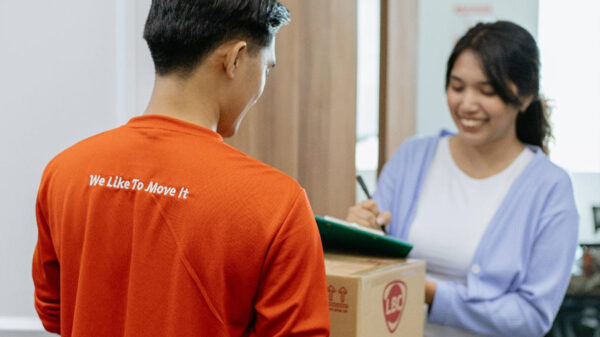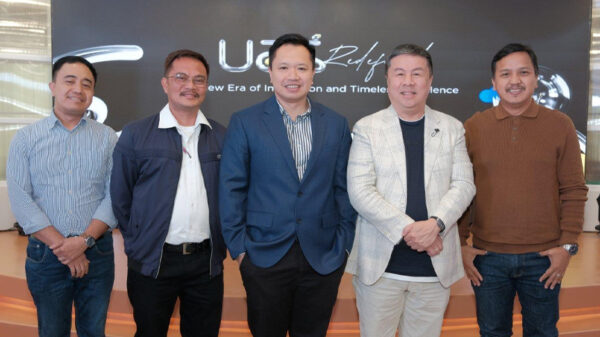Clark Development Corporation (CDC) and AF Payments, Inc. (AFPI) marked a major milestone in the Philippines’ public transportation evolution by launching the Clark Loop bus operations with a fully cashless Automated Fare Collection System (AFCS).
The event, attended by CDC President and CEO Atty. Agnes VST Devanadera, DOTr Undersecretary Andy Ortega, LTFRB Chairperson Atty. Teofilo Guadiz III, and AFPI’s Chief Commercial Officer Sharon Fong, symbolizes Clark’s commitment to transforming itself into a modern, efficient, and digitally advanced city.
The Clark Loop bus service covering 25 stops from SM City Clark to the Clark International Airport caters to employees, visitors, and tourists within the Clark Freeport Zone. By adopting beep card or beep QR tickets as exclusive modes of payment, the Clark Loop has eliminated cash handling, offering a faster, safer, and more efficient public transportation experience.
“We want to showcase a disciplined transport system in Clark, and this government-led pilot will help us refine the service before allowing private sector involvement. We are starting with 10 buses on the Clark Loop. It’s cashless, with Wi-Fi, GPS, and it runs on time. Our aim is to influence passenger behavior, emphasizing discipline and punctuality,” said CDC President Atty. Agnes VST Devanadera.
“The shift to cashless payment systems is not just about modernizing public transportation, it is about improving the lives of commuters. beep’s cashless payment solution not only enhances passenger experience but also reduces operational inefficiencies and supports sustainable urban development,” said AF Payments, Inc. President & CEO Jonathan Juan “JJ” Moreno. “We hope this initiative in Clark encourages other cities to adopt similar systems as part of a broader nationwide effort to modernize public transportation.”
The relaunch of Clark Loop as the first fully cashless bus system in Central Luzon further demonstrates beep’s capability to deliver seamless, modern payment solutions at scale.
Its success is a clear example of how cities can leverage digital payment systems to improve public services, presenting a model for other cities and municipalities to follow as they aim to modernize public transport systems and provide better services to commuters. The streamlined boarding process through cashless transactions leads to reduced congestion and shorter travel times, ultimately boosting ridership and satisfaction levels.
Convenient and Cashless: How It Works
To travel with beep card on the Clark Loop bus line, commuters may line up at any of its stops, hop on, tap in upon entering, then tap out upon alighting the bus. They can also purchase beep QR tickets in advance exclusively through the beep™ app, downloadable in the App Store or Google Play. Note that the QR ticket must be used within 24 hours from the time of purchase, or it will be forfeited without a refund. To use it, simply scan the QR ticket upon riding the bus.
Fares start at P15, depending on the number of stops traveled. A full 25-stop travel from SM City Clark to Clark International Airport costs P49.50. Some channels may also charge a minimal convenience fee.
Expanding the Footprint
Clark Loop’s integration into AFPI’s network now benefits millions of beep™ users by offering seamless connectivity across different transport systems. With plans to expand further in the transportation sector, beep is committed to providing innovative, customer-centric services that improve everyday commuting experiences while supporting the broader push towards a cashless society. Commuters and businesses alike can benefit from AFPI’s seamless payment systems, which are integrated across various sectors.
Cities across the Philippines can take inspiration from Clark’s digital transformation. With proven results in enhancing public transport, promoting sustainability, and delivering a better commuter experience, it’s time for local governments and transport authorities to adopt cashless fare systems like beep to create smarter, more efficient urban transport networks. By doing so, they will help build a future where commuting is not just faster and easier, but also part of the digital revolution for a better urban lifestyle.










































































































